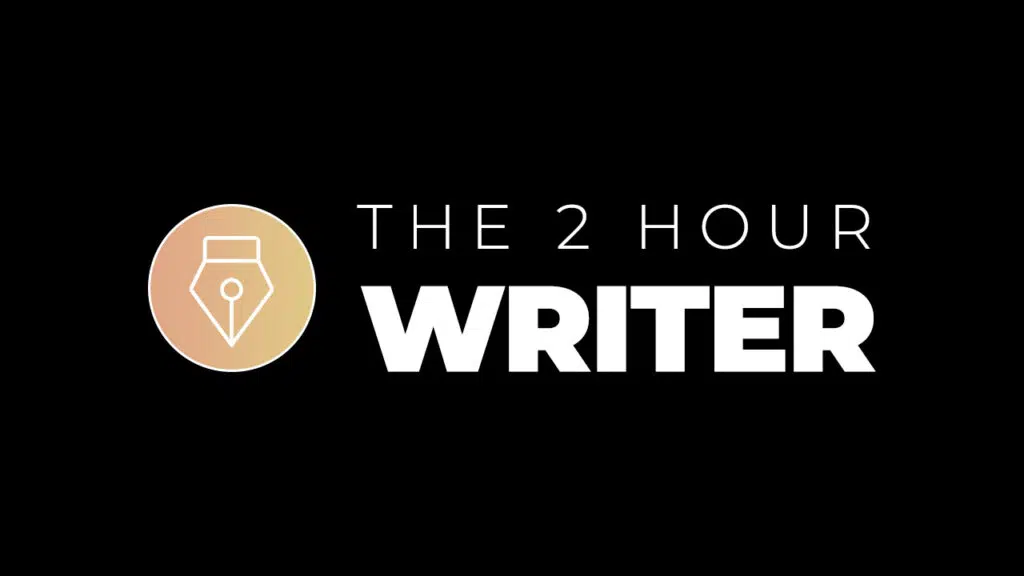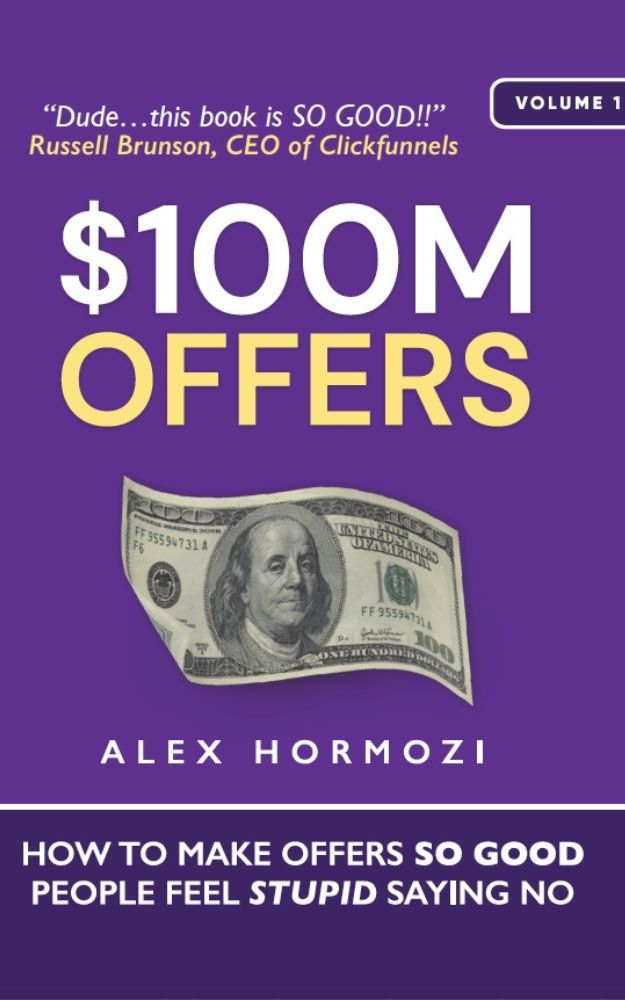Takeaways
Sharing is about Forming Connections
- Showing appreciation for people who inspired you, and passing it on to others.
- Talking about what you love so others who love the same things can find you.
- Publishing bits and pieces of your work or ideas as you go and inviting people to collaborate.
- Taking ownership of your work and your ideas and sharing them with a caring audience.
Book Notes
My notes are in the form of clipping that summarizes a book in the author’s own words. I have organized the excerpts from the book in a way that I find most digestible. Hope you enjoy it!
This format is also inspired by Austin and his work Newspaper Blackout
All quotes are from the original author.
Don’t Have To Be A Genius
“Creativity is always, in some sense, a collaboration, the result of a mind connected to other minds.”
“Great ideas are often birthed by a group of creative individuals—artists, curators, thinkers, theorists, and other tastemakers—who make up an “ecology of talent.”
“If you look back closely at history, many of the people who we think of as lone geniuses were actually part of ‘a whole scene of people who were supporting each other, looking at each other’s work, copying from each other, stealing ideas, and contributing ideas.’”
Find Your Own Kind
“Part of the act of creating is in discovering your own kind. They are everywhere. But don’t look for them in the wrong places.” —Henry Miller
“As you put yourself and your work out there, you will run into your fellow knuckleballers. These are your real peers—the people who share your obsessions, the people who share a similar mission to your own, the people with whom you share a mutual respect.”
“Find your voice, shout it from the rooftops, and keep doing it until the people that are looking for you find you.” — Dan Harmon
“Being open and honest about what you like is the best way to connect with people who like those things, too.”
Build Your Audience
“being good at things is the only thing that earns you clout or connections.” – Albini
“It is actually true that life is all about ‘who you know.’ But who you know is largely dependent on who you are and what you do, and the people you know can’t do anything for you if you’re not doing good work.”
“Instead of wasting their time ‘networking’, they’re taking advantage of the network. By generously sharing their ideas and their knowledge, they often gain an audience that they can then leverage when they need it—for fellowship, feedback, or patronage.”
Tell A Good Story
“‘The cat sat on a mat’ is not a story. ‘The cat sat on the dog’s mat’ is a story.” —John le Carré
Every client presentation, every personal essay, every cover letter, every fund-raising request—they’re all pitches. They’re stories with the endings chopped off.
“People’s assessment of it—how much they like it, how valuable it is—is deeply affected by what you tell them about it.” – psychology professor Paul Bloom
In their book, Significant Objects, Joshua Glenn and Rob Walker recount an experiment in which they set out to test this hypothesis: “Stories are such a powerful driver of emotional value that their effect on any given object’s subjective value can actually be measured objectively.” By the end of the experiment, they had sold $128.74 worth of trinkets for $3,612.51.
We Are All Amateurs
“That’s all any of us are: amateurs. We don’t live long enough to be anything else.” —Charlie Chaplin
“Today it is the amateur —the enthusiast who pursues her work in the spirit of love (in French, the word means “lover”), regardless of the potential for fame, money, or career—who often has the advantage over the professional.”
“In the beginner’s mind, there are many possibilities,” said Zen monk Shunryu Suzuki. “In the expert’s mind, there are few.”
“Amateurs are not afraid to make mistakes or look ridiculous in public. They’re in love, so they don’t hesitate to do work that others think of as silly or just plain stupid.”
“The world is changing at such a rapid rate that it’s turning us all into amateurs. Even for professionals, the best way to flourish is to retain an amateur’s spirit and embrace uncertainty and the unknown.”
Start Sharing
“The stupidest possible creative act is still a creative act.” – Clay Shirky
“Be on the lookout for voids that you can fill with your own efforts, no matter how bad they are at first. Don’t worry, for now, about how you’ll make money or a career off it.”
“The best way to get started on the path to sharing your work is to think about what you want to learn, and make a commitment to learning it in front of others. (#30daychallenge)”
Share Your Attribution
“Give a shout-out to the people who’ve helped you stumble onto good work and also leave a bread-crumb trail that people you’re sharing with can follow back to the sources of your inspiration.”
“Attribution is all about providing context for what you’re sharing: what the work is, who made it, how they made it, when and where it was made, why you’re sharing it, why people should care about it, and where people can see some more work like it. Attribution is about putting little museum labels next to the stuff you share.”
Share Your Process
“In order for connection to happen, we have to allow ourselves to be seen—really seen.” – Brené Brown
“How can you show your work even when you have nothing to show? The first step is to scoop up the scraps and the residue of your process and shape them into some interesting bit of media that you can share.”
“Audiences not only want to stumble across great work, but they, too, long to be creative and part of the creative process. By letting go of our egos and sharing our process, we allow for the possibility of people having an ongoing connection with us and our work, which helps us move more of our product.”
“‘What are you working on?’ Stick to that question and you’ll be good. Don’t show your lunch or your latte; show your work.”
Share Your Taste
“You’re only as good as your record collection.” – DJ Spooky
“‘Dumpster diving’ is one of the jobs of the artist—finding the treasure in other people’s trash, sifting through the debris of our culture, paying attention to the stuff that everyone else is ignoring, and taking inspiration from the stuff that people have tossed aside for whatever reasons.”
“You have to have the courage to keep loving your garbage, because what makes us unique is the diversity and breadth of our influences, the unique ways in which we mix up the parts of culture others have deemed ‘high’ and the ‘low’.”
“All of us who do creative work, we get into it because we have good taste,” says public radio personality Ira Glass. “But there is this gap. For the first couple years you make stuff, it’s just not that good. It’s trying to be good, it has potential, but it’s not. But your taste, the thing that got you into the game, is still killer.”
“Talk about the things you love. Your voice will follow.”
Share Online
Communicating with people is one skill. While communicating with the world requires a whole different skill set.
“It sounds a little extreme, but in this day and age, if your work isn’t online, it doesn’t exist.”
“‘Mr. Ebert writes as if it were a matter of life and death,’ wrote journalist Janet Maslin, ‘because it is.’ Ebert was blogging because he had to blog—because it was a matter of being heard, or not being heard. A matter of existing or not existing.”
“Robin Sloan has adapted into a metaphor for media: ‘Flow is the feed. It’s the posts and the tweets. It’s the stream of daily and sub-daily updates that remind people you exist. Stock is the durable stuff. It’s the content you produce that’s as interesting in two months (or two years) as it is today. It’s what people discover via search. It’s what spreads slowly but surely, building fans over time.’ Sloan says the magic formula is to maintain your flow while working on your stock in the background.”
“A lot of the ideas in this book started out as tweets, which then became blog posts, which then became book chapters. Small things, over time, can get big.”
Keep Creative
Don’t Pause
“You avoid stalling out in your career by never losing momentum. Here’s how you do it: Instead of taking a break in between projects, waiting for feedback, and worrying about what’s next, use the end of one project to light up the next one.”
“Author Ernest Hemingway would stop in the middle of a sentence at the end of his day’s work so he knew where to start in the morning.”
Start Over
“‘I need to sort of tear down everything I’ve done and rebuild from scratch,’ said director Steven Soderbergh about his upcoming retirement from making films. ‘Not because I’ve figured everything out, I’ve just figured out what I can’t figure out and I need to tear it down and start over again.’”
“The designer Stefan Sagmeister swears by the power of the sabbatical—every seven years, he shuts down his studio and takes a year off. ‘Everything that we designed in the seven years following the first sabbatical had its roots in thinking done during that sabbatical.’”
More Than Money
“We don’t make movies to make money, we make money to make more movies.” —Walt Disney
“The real risk is in not changing,” said saxophonist John Coltrane. “I have to feel that I’m after something. If I make money, fine. But I’d rather be striving. It’s the striving, man, it’s that I want.”
“If an opportunity comes along that will allow you to do more of the kind of work you want to do, say Yes. If an opportunity comes along that would mean more money, but less of the kind of work you want to do, say No.”
Stay Away From Vampires
“It’s a simple way to know who you should let in and out of your life. If, after hanging out with someone you feel worn out and depleted, that person is a vampire. If, after hanging out with someone you still feel full of energy, that person is not a vampire. Of course, The Vampire Test works on many things in our lives, not just people—you can apply it to jobs, hobbies, places, etc.”









